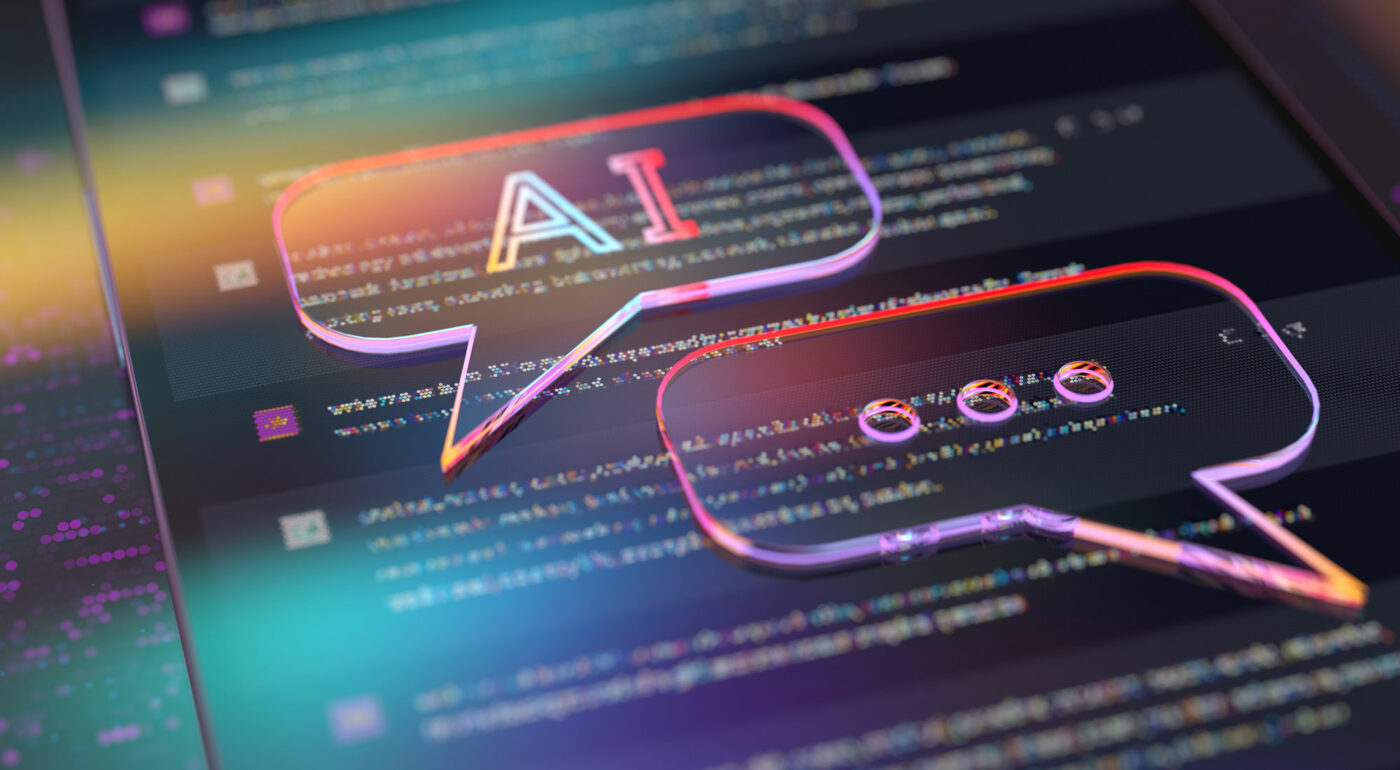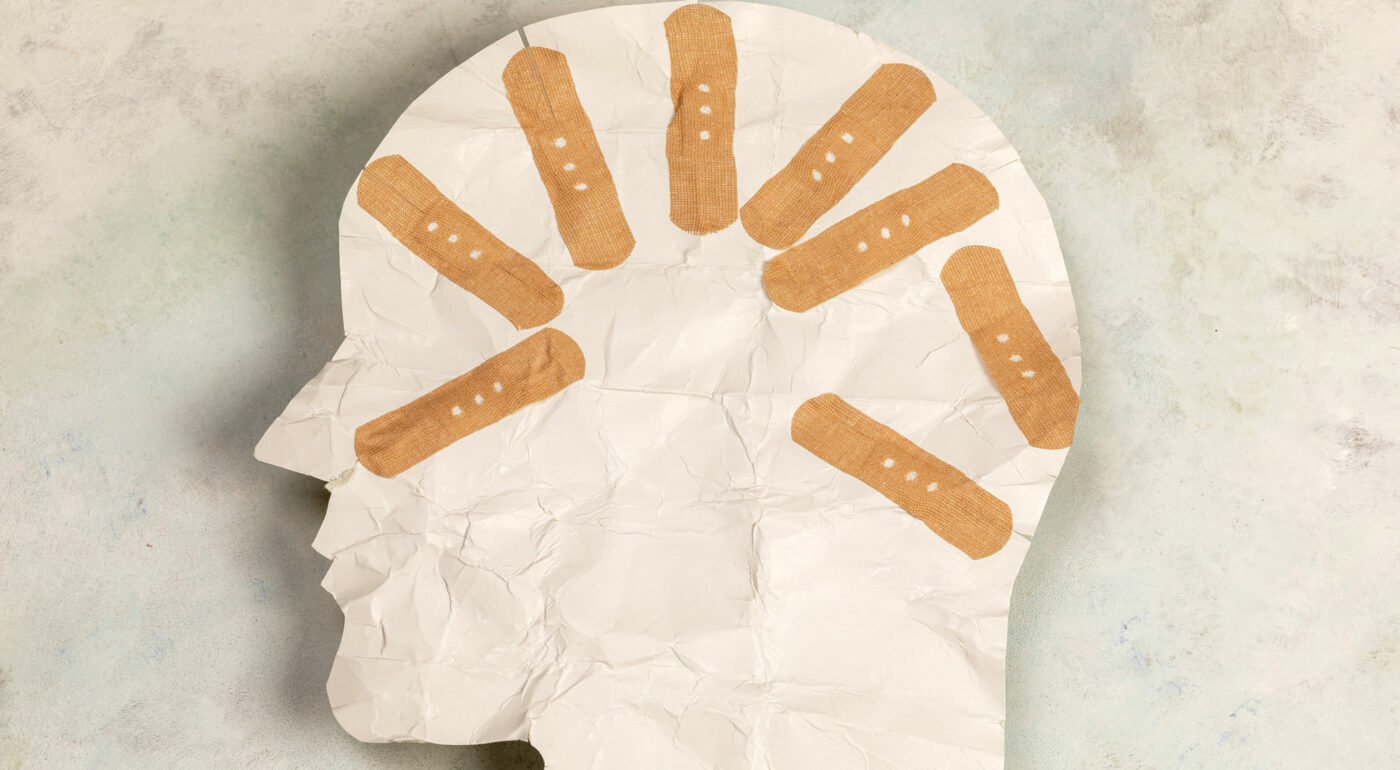In an age where artificial intelligence (AI) is swiftly becoming an integral part of our lives, it’s essential to examine its impact on mental health and its role in addressing the shortage of mental health providers. AI’s rise in the realm of mental health is indeed transformative, offering numerous benefits such as virtual therapists, AI wearables, and apps that can detect mental health conditions. However, the adoption of AI in mental health also comes with its own set of relational, technical, and ethical challenges.
Trauma can affect a person cognitively, emotionally, physically, and socially. “The effects of unresolved trauma can be devastating,” says Meadows Senior Fellow Dr. Peter Levine. “It can affect our habits and outlook on life, leading to addictions and poor decision-making. It can take a toll on our family life and interpersonal relationships. It can trigger real physical pain, symptoms, and disease. And it can lead to a range of self-destructive behaviors.”
We all know the telltale signs of a hangover: headache, nausea, dehydration, exhaustion. But there’s a symptom you might have experienced without knowing what it is — hangover anxiety — or to use a catchy new word: hangxiety.



